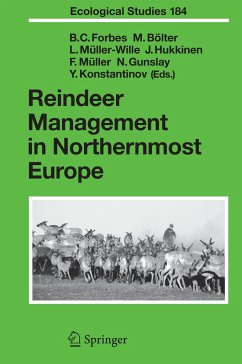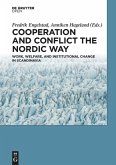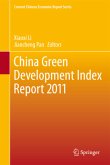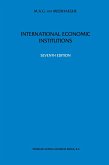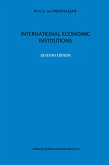The management of reindeer herds in northernmost Europe has been dramatically altered by changes in the environment, largely the result of human activities. This volume investigates the conditions upon which human-reindeer relations have been based, as well as those necessary for future reindeer management. It consists of three parts:
I: Herders and Reindeer: The Cultural and Socioeconomic Dynamics of Human-Animal Relations
II: Reindeer Herding - Effects on Soils, Soil Biota, and Vegetation
III: Integrative Models for Reindeer Management: The Interface Between Social and Natural Sciences
The results of process-oriented field and laboratory studies by scientists are efficaciously supported by those from research involving herders and their experience-based knowledge. In Northern Fennoscandia and Northwest Russia the issue is not just the conservation of the natural environment of reindeer, but also the survival of the Sámi, the northern indigenous people who herd them.
The findings presented in this volume represent a concerted effort to develop a more inclusive form of reindeer management for northernmost Europe. Our guiding principle has been to foster a new paradigm of participatory research. We wish to move beyond the historical reliance on western approaches to basic and applied science. These have been concerned prim- ily with interactions between herded animals and the various components of their biophysical environment, e. g. , plants, insects, predators, climate, and others. In our view,sociocultural and economic drivers,along with herders' experience-based knowledge,gain equal currency in the effort to understand how management may mitigate against the negative aspects of the challenges modern herding faces, while also exploring concepts of sustainability from different perspectives (see also Jernsletten and Klokov 2002; Kankaanpää et al. 2002; Ulvevadet and Klokov 2004). This broadening of the pool of disciplines and local,national,and int- national stakeholders in policy-relevant research invariably complicates v- tually all aspects of the research process. Multidisciplinary or, in our sense, transdisciplinary approaches also require extraordinary effort from all p- ticipants if they are to succeed. As such, those approaches should not be undertaken lightly, nor without personnel who possess appropriate expe- ence in cooperating with those of different disciplines and, preferably, also with relevant practitioners and public social and administrative institutions. In such settings the potential for misunderstandings is quite high.
I: Herders and Reindeer: The Cultural and Socioeconomic Dynamics of Human-Animal Relations
II: Reindeer Herding - Effects on Soils, Soil Biota, and Vegetation
III: Integrative Models for Reindeer Management: The Interface Between Social and Natural Sciences
The results of process-oriented field and laboratory studies by scientists are efficaciously supported by those from research involving herders and their experience-based knowledge. In Northern Fennoscandia and Northwest Russia the issue is not just the conservation of the natural environment of reindeer, but also the survival of the Sámi, the northern indigenous people who herd them.
The findings presented in this volume represent a concerted effort to develop a more inclusive form of reindeer management for northernmost Europe. Our guiding principle has been to foster a new paradigm of participatory research. We wish to move beyond the historical reliance on western approaches to basic and applied science. These have been concerned prim- ily with interactions between herded animals and the various components of their biophysical environment, e. g. , plants, insects, predators, climate, and others. In our view,sociocultural and economic drivers,along with herders' experience-based knowledge,gain equal currency in the effort to understand how management may mitigate against the negative aspects of the challenges modern herding faces, while also exploring concepts of sustainability from different perspectives (see also Jernsletten and Klokov 2002; Kankaanpää et al. 2002; Ulvevadet and Klokov 2004). This broadening of the pool of disciplines and local,national,and int- national stakeholders in policy-relevant research invariably complicates v- tually all aspects of the research process. Multidisciplinary or, in our sense, transdisciplinary approaches also require extraordinary effort from all p- ticipants if they are to succeed. As such, those approaches should not be undertaken lightly, nor without personnel who possess appropriate expe- ence in cooperating with those of different disciplines and, preferably, also with relevant practitioners and public social and administrative institutions. In such settings the potential for misunderstandings is quite high.

